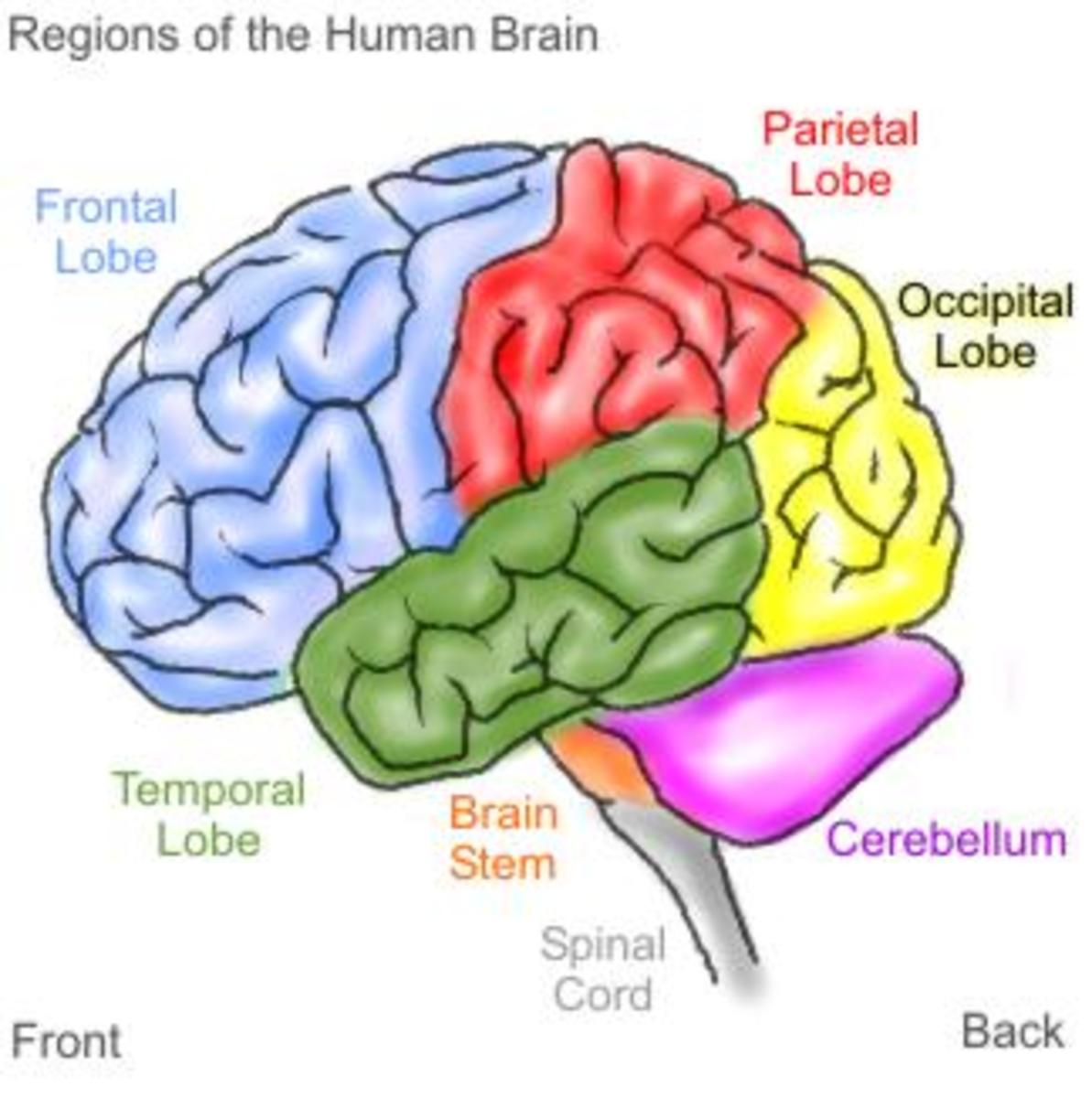Cognitive Psychology
Cognitive Psychology
Cognitive psychology is defined as the study of higher intellectual processes such as attention, perception, problem solving, language use, memory, and thought. The development of cognitive psychology was a result of the World War II emphasis of research on, “human performance and attention, developments in computer science, especially those in artificial intelligence and the renewal of interest in the field of linguistics” according to Anderson (Athabasca University , 2007, ¶ 15). Cognitive psychology became well known first through the work of Noam Chomsky. This paper will discuss Chomsky’s review of B.F. Skinner’s book as well as several milestones in cognitive psychology. The paper will conclude with the importance of behavioral observation in cognitive psychology.
Milestones
Prior to the 1950s behaviorism was the main school of psychological thought. Behaviorism began to fall apart making room for cognitive psychology in the late 1950s. The deterioration was due partly to skepticism about weather behaviorism could uphold the promises made. Questions began to rise about the behaviorist theory due to the use of animals in their studies and the belief that humans were a blank slate just as animals. Additionally lack of explanations of mental processes in psychology became detrimental to the field. Behaviorists did not place importance of genetics on behavior. Instead the belief was held that the environment shaped humans (Willingham, 2007).
Behaviorists failed to explain how humans attain language. B.F. Skinner was the first to attempt an explanation in his book, Verbal Behavior in 1957. The book was reviewed by Noam Chomsky and he stated, “Not only is Skinner’s account wrong, but a behaviorist explanation cannot, in principle, ever account for language” (Willingham, 2007, p. 24). Chomsky also noted that language is generative not obtained through the environment as behaviorists claimed (Willingham).
Birth of Cognitive Psychology
Psychology was dominated for decades by behaviorism before the cognitive revolution in the 1960s. The most famous turning point in Cognitive psychology was the review on Verbal Behavior written by Skinner. In Noam Chomsky’s review he argued that use of language is explained not as a peripheral process as previously theorized by Skinner but as a central process (Athabasca University, 2007). Chomsky became the first linguist to prove a connection between the precision of math and language. Chomsky further disputed human’s acquire language at the same physical age, something unexplainable by the child’s environment (Miller).
Parallel Distributed Processing
Discovered by David Rumelhart and James McClelland, the Parallel Distributed Processing model states information processing occurs parallel not individually. According to this theory, many processing units are responsible for sending excitatory and inhibitory signals to other units. Their connectionist theory is the idea that processing is accomplished by interconnected elements and the reference to neural models (Athabasca University, 2007).
Cybernetics and computer science
The first computer simulated human thought was generated by Herbert Simon and Allen Newell in 1956 at Carnegie-Mellon University. The following year General Problem Solver (GPS) was developed. Cognitive psychology’s recent advances can be attributed to surfacing of cybernetics and computer science to include cognitive processes by computer simulation for the purpose of research. Information processing models have been produced with the help of computer technology (Athabasca University, 2007).
Allen Newell dedicated 40 years to teaching cognitive psychologists about artificial intelligence. The study of artificial intelligence aided in scientific research into the human mind. Artificial intelligence is anticipated to assist in more advanced computers by additional psychological research in cognition, computer science and electrophysiology. Originally cognitive processes only pertained to cognitive psychology but have assisted in the development of other psychology fields including abnormal and developmental psychology (Athabasca University, 2007).
Cognitive Psychology printed matter
In 1967 Cognitive Psychology, by Ulric Neisser was published. The book made cognitive psychology a legitimate field of study. The book contained four chapters dedicated to language, memory and thought. An additional six chapters discussed attention and perception (Athabasca University, 2007). Since the publication of the first textbook on cognition the way humans comprehend memories and thoughts has changed beyond what 2500 years of philosophical assumptions achieved (Kowalski & Westen, 2005). In addition to the textbook written by Neisser, in 1970 a journal began for those interested in cognitive psychology. The Journal of Cognitive Psychology further defined and legitimized the field (Athabasca University, 2007).
Behavioral Observation
Behaviorists initially argued that cognitive psychology was unable to observe the cognitive behaviors as they occurred. Thus cognitive psychology could not be a science. The methods of science include empiricism, public verifiability and solvable problems. Through empiricism the hypothesis must be testable and the results made verifiable the problem must also be solvable. Cognitive psychologists remedied the problem of observable behavior by explanations of mental process theories and how unobservable processes intermingle by explaining the behavior resulting if the cognitive theory was correct (Willingham, 2007).
Conclusion
Cognitive psychology became well known first through the work of Noam Chomsky. Even though prior to the 1950s behaviorist theory dominated the psychology field, cognitive psychology proved language is not a product of the environment but generative. Cognitive psychologists developed the science further into explaining artificial intelligence, parallel pathways and methods of observation for thought processes.
References
Kowalski, R., & Westen, D. (2005). Psychology (4th ed.). Hoboken, NJ: Wiley, John and Sons, Inc.
Willingham, D. (2007). Cognition: The thinking animal (3rd ed.). Upper Saddle River, NJ : Pearson Prentice Hall.








